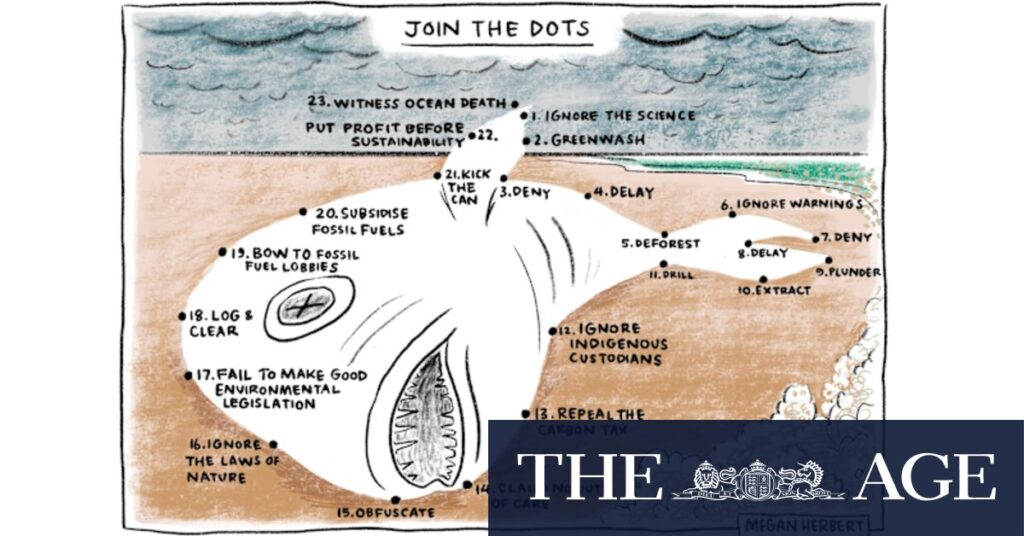
As climate change continues to tighten its grip around the globe, its effects are becoming increasingly palpable in cities like London and nations such as Australia. Recent reports highlight the dire consequences of outdated infrastructure and inadequate policy responses, underscoring the urgent need for comprehensive climate action.
Growing up in London, I was struck by David Crowe’s vivid account of the city’s struggles under the weight of climate change. The article, titled “The heat is on in London and it’s turned deadly,” paints a picture of a city grappling with extreme heatwaves exacerbated by aging infrastructure. The city’s buses and housing are ill-equipped to handle the rising temperatures, leading to hundreds of additional deaths.
London: A Microcosm of Climate Challenges
London serves as a poignant case study of both climate action and inaction. While efforts are underway to conserve water and introduce climate-appropriate plant species, these measures are often overshadowed by short-term political and financial interests. The result is a city struggling with “sweaty buses” and a public health crisis during heatwaves.
According to experts, the situation in London is a stark reminder of the consequences of delayed action. Dr. Emily Thompson, a climate policy analyst, notes,
“Cities like London need to prioritize long-term climate strategies over immediate economic gains. The cost of inaction is far greater.”
Australia: Facing Its Own Climate Realities
Meanwhile, Australia is also feeling the effects of climate change. The Age recently reported on Victorian farmers who are banding together in the wake of severe droughts. These climatic challenges have led to increased farm costs, which are subsequently pushing up the prices of lamb and beef in supermarkets.
In addition to agricultural impacts, the Pacific island nation of Tuvalu faces existential threats from rising sea levels and coastal erosion. Many Tuvaluans are considering migration to Australia as their homeland becomes increasingly uninhabitable. This migration pressure highlights the broader implications of climate change on global populations.
The Broader Implications of Climate Inaction
The impacts of climate change are not confined to isolated regions; they are becoming a central issue in global news and daily life. The urgency of the situation demands a coordinated international response. Yet, political dynamics often complicate progress.
In Australia, political tensions are evident in the response to Prime Minister Anthony Albanese’s recent trip to China. The Liberal Party criticized the visit as “indulgent,” reflecting broader geopolitical anxieties. This sentiment echoes previous statements by Peter Dutton, who suggested that Australia must prepare for conflict, implicitly pointing to China.
These political narratives underscore a disconnect between government actions and public expectations. Australians increasingly demand proactive climate policies and international cooperation to address the crisis.
Looking Forward: The Path to Sustainable Solutions
The path forward requires a multifaceted approach that includes modernizing infrastructure, investing in renewable energy, and fostering international collaboration. Experts emphasize that while the challenges are daunting, they are not insurmountable.
Dr. Sarah Green, an environmental scientist, asserts,
“We have the technology and the knowledge to mitigate climate change. What we need now is the political will and collective action.”
As the world grapples with the far-reaching impacts of climate change, it is clear that the time for decisive action is now. The consequences of inaction are too severe to ignore, and the stakes are too high for complacency.
In conclusion, the global climate crisis is not just a future threat; it is a present reality that demands immediate and sustained efforts from all sectors of society. The lessons from London, Australia, and Tuvalu serve as urgent calls to action for governments and citizens alike.







